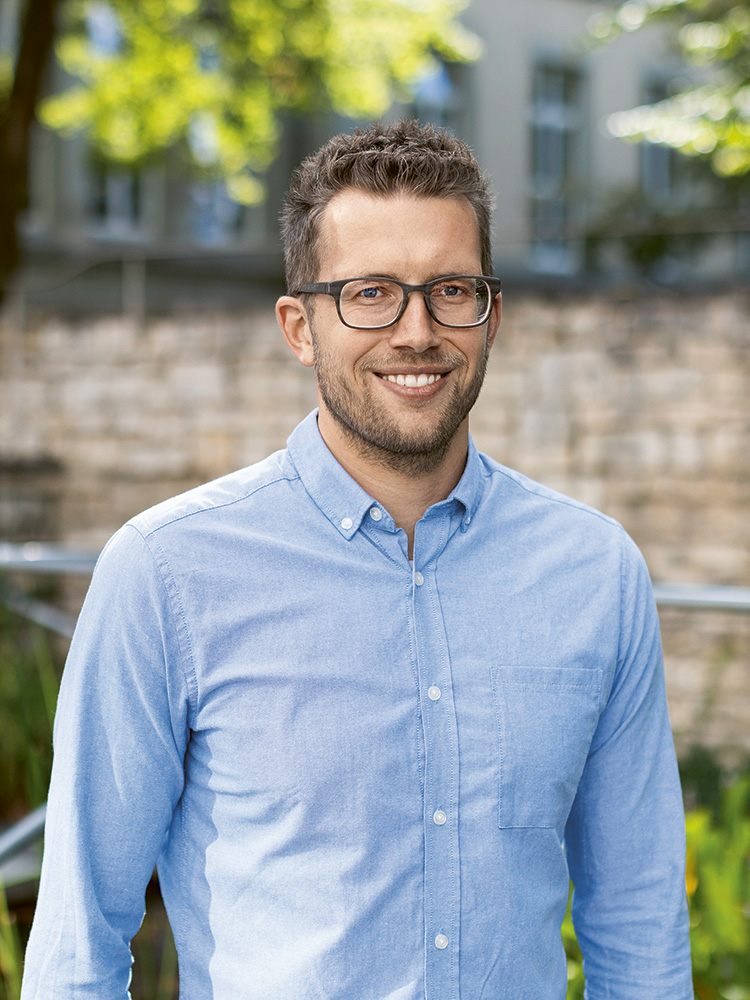Understanding how politics works.
Text: Daniel Höhmann, political scientist*
Daniel Höhmann has been interested in politics since his school days. However, he was less interested in active participation and more in looking at political processes. Today, his research focuses on the question of how women are represented in politics.
I’ve been interested in politics since I was at school, although I couldn’t imagine being politically active myself. Instead, I wanted to understand how political processes work. In the end, much of what we encounter in our everyday lives is political and affects us in one way or another. That’s what attracted me to political science, where the facts matter — whereas politics itself often involves emotions and subjective opinions as well.
My research looks at the representation of women in politics, a topic I came across during an exchange semester at Rutgers University (USA), where I attended a seminar about women in the political sphere. Ten years ago, this issue was not as prominent as it is today. Much centered around men in politics — and women were barely present.Realizing there was significant research to do in this area, I explored questions relating to the representation of women in politics in my master’s thesis and doctoral dissertation. This allowed me to pursue a new topic from the ground up and contribute to the discourse, which has also gained greater traction in society in recent years.
As a man, I’m in the minority in my field of research. So, I had to find my niche: I examine what motivates men to engage politically with topics that are commonly seen as “women’s issues” — including, for example, the introduction of gender quotas or fighting for equal pay. As a scientist, I analyze data and therefore spend considerable time at the computer — but I’m also able to make an impact with my findings.
I’m currently involved in a project that’s investigating when voters feel represented and when they lose their faith in politics.From these findings, it may be possible to derive recommendations for how politicians can engage with people and build bridges. To support this transfer of knowledge from research to practice, we actively seek contact with politicians. I find it rewarding if, through my academic work, I can help to improve things in the real world.
* Transcribed by Noëmi Kern.
More articles in this issue of UNI NOVA (November 2025).

